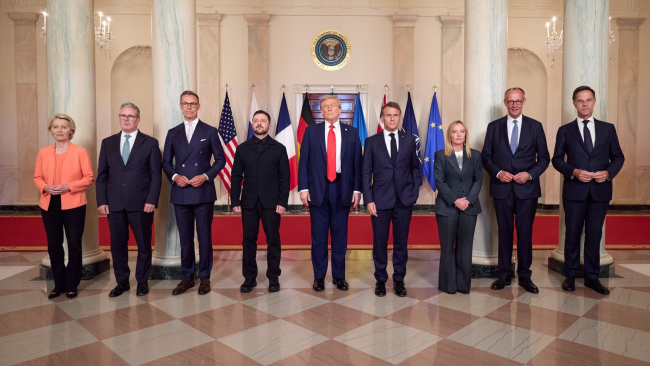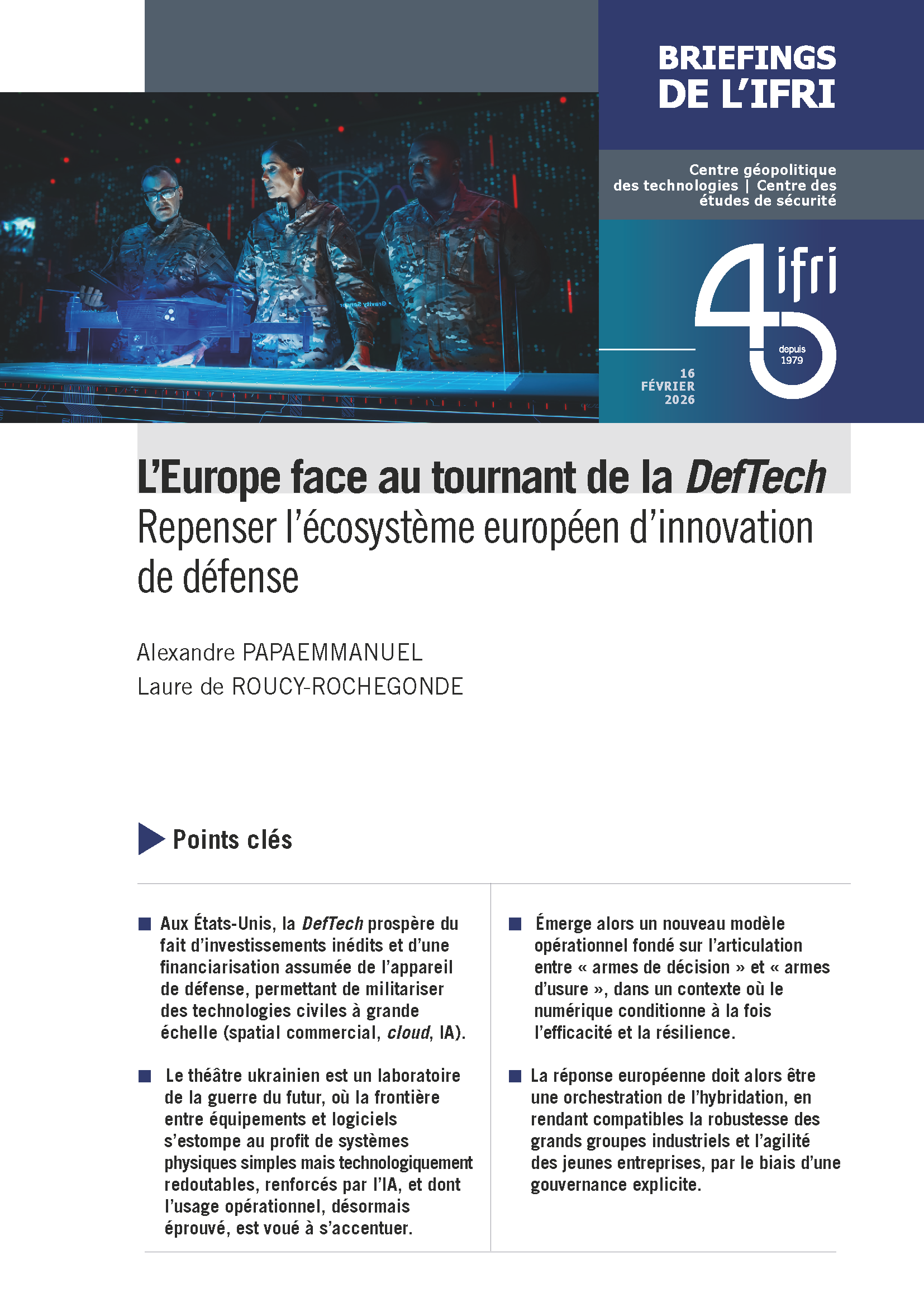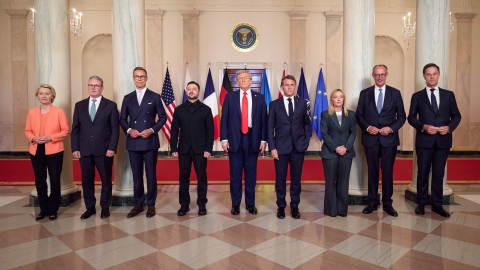Shale Gas Boom in the US: What future for European Petrochemical Industries?

Informations pratiques
Thématiques et régions
Centres et programmes liés
Ceci est un événement réservé.
En savoir plus sur nos programmes de soutienFollowing the publication of a study about “the impact of shale gas development in the US on the European petrochemical industry” conducted by Sylvie Cornot-Gandolphe, IFRI Center for Energy organizes a roundtable conference with: Sylvie Cornot-Gandolphe, Energy Consultant, Associate Research Fellow at Ifri Centre for Energy, José Mosquera, Director Industrial Policy, Cefic - European Chemical Industry Council, Member of the DG Enterprise & Industry (tbc). Chaired by Cécile Maisonneuve, Director, IFRI Centre for Energy
Shale gas revolution in the US is commonly analyzed from the energy point of view. However gas is also an essential commodity for the petrochemical industry. The decrease of gas and ethane prices in the US therefore creates a considerable competitive advantage for this energy-intensive industry. In the country of innovative technologies, this leads to the revival of a traditional industry benefiting from a massive competitiveness shock.
The European industry is directly impacted by this trend. While already dealing with a weak European demand, rising energy costs, overcapacity and aging plants, the European petrochemical sector is facing the emergence of a new competitor besides the Middle-Eastern petrochemical industry. How can it adapt to the upcoming new challenge? Beyond the petrochemical industry, is European industry as a whole to be weakened given the strategic role of the petrochemical industry at the front end of the value chain of the manufacturing sector?
Read the Study in French
Replay
Sujets liés
Autres événements

Quelle politique de défense en Allemagne ?
Face à la guerre en Ukraine et à l’instabilité géopolitique en Europe dans un cadre transatlantique perturbé, l’Allemagne a amorcé un tournant majeur dans sa politique de défense, avec une hausse significative des dépenses militaires, la modernisation de la Bundeswehr et le débat sur un éventuel retour du service militaire obligatoire.

Quatre ans de guerre en Ukraine : verra-t-on la fin du conflit en 2026 ?
Un déjeuner débat autour de Tatiana Kastouéva-Jean, Directrice du Centre Russie/NEI, et Élie Tenenbaum, directeur du

Quel partenariat technologique avec l’Inde ?
Le 16ème Sommet UE-Inde, qui s’est tenu le 27 janvier à New Delhi en présence des dirigeants européens António Costa, Ursula von der Leyen, et du Premier ministre Narendra Modi, marque un tournant dans le renforcement des liens entre l'Union européenne et l'Inde. Parallèlement, les visites bilatérales se multiplient, à l’image de celle du Président français qui s’est rendu en Inde mi-février pour participer au Sommet sur l’Intelligence Artificielle.









